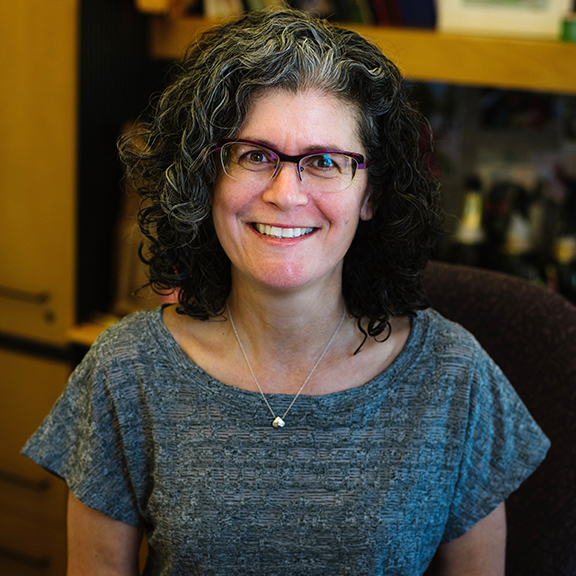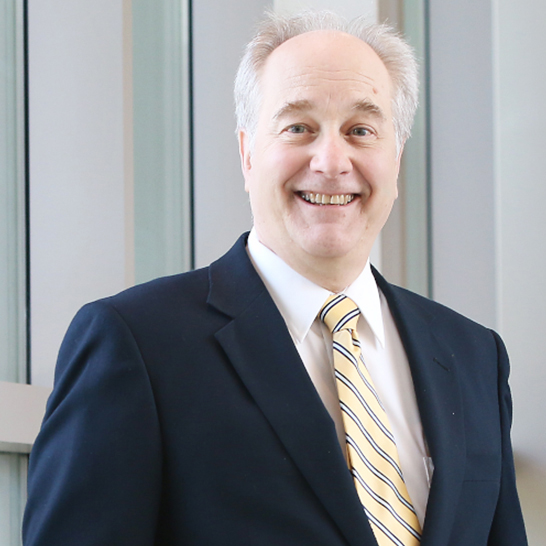TWiM describes how microbiological analysis of the Gowanus Canal in Brooklyn has revealed an antimicrobial resistance reservoir and bioremediation potential, and fungicide resistance in Fusarium graminearum, the fungus recently smuggled into the US. Hosts: Vincent…
TWiM explains how a mutualistic model bacterium can become lethal in a non-symbiotic host, and engineering a kill switch into a tuberculosis vaccine for improved safety. Hosts: Vincent Racaniello, Michael Schmidt, Michele Swanson, and Petra…
TWiM explains a study of the unique and extreme microbial and chemical environment on the International Space Station, and the connection between the gut microbiome and pain in fibromyalgia. Hosts: Vincent Racaniello, Michael Schmidt, and…
TWiM explains how to recode E. coli so it uses only one stop codon, and an exploration of the mechanisms of bacterial adhesion within dental plaque. Hosts: Vincent Racaniello, Michael Schmidt, and Petra Levin Guest:…
TWiM explains how to recode E. coli so it uses only one stop codon, and an exploration of the mechanisms of bacterial adhesion within dental plaque. Hosts: Vincent Racaniello, Michael Schmidt, and Michele Swanson Right…
TWiM explains Pasteur’s relentless hunt for microbes in the air, and how bacteria hunt for prey by ixotrophy – using grappling hooks! Hosts: Vincent Racaniello, Michael Schmidt, and Michele Swanson Guest: Mark O. Martin Right…
TWiM describes Shigella infection facilitated by interaction of human enteric α-defensin 5 with a colonic epithelial receptor, and an amino acid change in RNA polymerase that leads to resistance to β-lactams by preventing dysregulation of…
TWiM explains the remarkable abilities of bacterial ice nucleating proteins to promote freezing of water, and cryoprotective proteins produced by worm microbiomes that prevent freezing. Hosts: Vincent Racaniello, Michael Schmidt, Michele Swanson, and Petra Levin…
TWiM explores the discovery of microbial enzymes, PETases, that can degrade ubiquitous plastics, and how exogenous peptidoglycan is a danger signal to trigger biofilm formation. Hosts: Vincent Racaniello, Michael Schmidt, Michele Swanson, and Petra Levin…
TWiM reveals that record high atmospheric methane growth has been driven by microbes, and the cecum as an adaptive niche for Salmonella typhi. Hosts: Michael Schmidt, Michele Swanson, and Petra Levin Right click to download TWiM…




